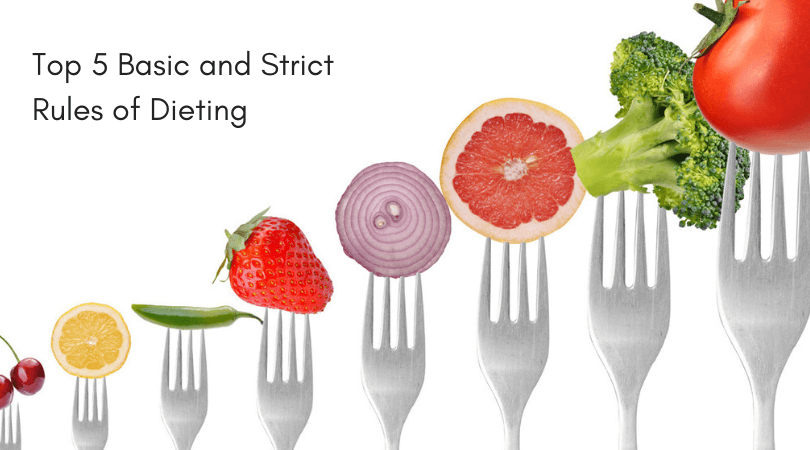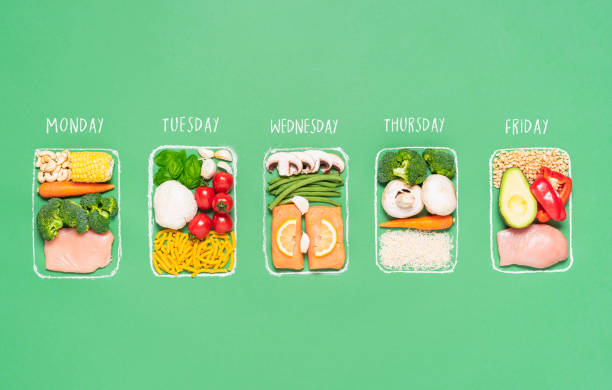Benefits and Tips for Healthy Weight Loss
While the gut is able to influence emotional behavior in the brain, the brain can also alter the type of bacteria living in the gut. According to the American Dietetic Association, people tend to either eat too much or too little when depressed or under stress. Eat too much and you find yourself dealing with sluggishness and weight gain. Eat too little and the resulting exhaustion makes this a hard habit to break.
- Weight is a major risk factor since more fatty tissue makes the cells more resistant to insulin, according to the Mayo Clinic.
- This diet “allows for small amounts of wine with meals, but you don’t have to start drinking if you don’t already,” says Ward.
- Studies suggest dietary changes are a major cause of national relative rises in life-span.
- While working out comes with many health and lifestyle benefits, it also boasts many mental health advantages.
- Many adolescents experience a growth spurt and an increase in appetite and need healthy foods to meet their growth needs.
- The very best way to reliably and safely lose weight is to exercise regularly and eat a healthy, balanced diet.
It provides an exercise plan with easy-to-follow walking and resistance exercises that will help maximize fat loss and boost mental well-being. It also emphasizes moving more throughout the day, such as taking the stairs instead of an elevator. The program focuses on eating delicious healthy foods and increasing physical activity.
5. Traditional Asian Diets
Lean proteins — also lend energy that allows your body to think and react quickly. Good sources of protein include chicken, meat, fish, eggs, soybeans, nuts and seeds. From a young age, we’re taught that eating well helps us look and feel our physical best. What we’re not always told is that good nutrition significantly affects our mental health, too. A healthy, well-balanced diet can help us think clearly and feel more alert.
What are the effects of dieting?
Biologically, dieting can lead to unhealthy changes in body composition, hormonal changes, reduced bone density, menstrual disturbances, and lower resting energy expenditure.|}
Verywell Fit articles are reviewed by board-certified physicians and nutrition and exercise healthcare professionals. Medical Reviewers confirm the content is thorough and accurate, reflecting the latest evidence-based research. Content is reviewed before publication and upon substantial updates. Malia Frey is a weight loss expert, certified health coach, weight management specialist, personal trainer, and fitness nutrition specialist. Consume plenty of healthy fats, such as olive oil, coconut oil and avocado.
These provide calcium, phosphorus, vitamins A and D, protein and saturated fat. Also, the natural sugar in fruit does affect your carbohydrate intake — especially if you eat a lot of fruit. This may temporarily raise your blood sugar or certain blood fats. Most people can lose weight on almost any diet plan that restricts calories — at least in the short term. The goal of the Mayo Clinic Diet is to help you keep weight off permanently by making smarter food choices, learning how to manage setbacks and changing your lifestyle. If you’ve been inactive or you have a medical condition, talk to your doctor or health care provider before starting a new physical activity program.
The specificity regarding the types of foods on the healthy and unhealthy lists differentiates MIND from the Mediterranean or DASH diets . Nuts are nutrient powerhouses, packed with unsaturated fat, protein, fiber and B vitamins. Most nuts contain magnesium, which helps support healthy blood pressure and blood sugar and keeps bones strong, among other benefits. And walnuts specifically contain alpha-linoleic acid, an important omega-3 fatty acid that might reduce risk of coronary heart disease.
Respiratory health harms often follow flooding: Taking these steps can help
Scientific research is also investigating impacts of nutrition on health- and lifespans beyond any specific range of diseases. And if you choose a lean cut, you will get all of the protein with far less unhealthy fat. In fact, a lean cut of beef like a top round steak has barely more saturated fat than a similar-sized skinless chicken breast. At the end of the day, Dr. McDaniel says, weight loss should lead to fuller, healthier days—not a constant battle with the scale.
Is dieting a good idea?
As previously mentioned, losing weight and maintaining a healthy weight should come as a natural by-product of an overall healthy lifestyle. So to conclude, dieting is a great way to manage your weight, as the food and drink we consume is usually going to be the biggest factor in our weight.
The presence of free radicals in the body increases the risk of cancer, but antioxidants help remove them to lower the likelihood of this disease. The American Heart Association states that almost half of U.S. adults live with some form of cardiovascular disease. What you’re already eating can likely be adapted to your goals. After that, you transition into the second phase, where you continue to lose 1 to 2 pounds (0.5 to 1 kilograms) a week until you reach your goal weight. By continuing the lifelong habits that you’ve learned, you can then maintain your goal weight for the rest of your life.
This information is not intended to replace the advice of a medical professional. You should always consult your doctor before making decisions about your health. Our experts continually monitor the health and wellness space, and we update our articles when new information becomes available. A dieting mentality may be harmful because it limits your focus to your weight. The sugar and refined carbs in the Western diet can promote dental decay by feeding the plaque-causing bacteria that live in your mouth.
Most Americans need to reduce the amount of calories they consume. Controlling portion sizes and eating nonprocessed foods helps limit calorie intake and increase nutrients. Metabolism.Every year over the age of 40, our metabolism slows, and often we become less physically active. This makes it even more important to adopt healthy eating and exercise habits to avoid weight gain. Sharpen your mind.People who eat fruit, leafy veggies, and fish and nuts packed with omega-3 fatty acids may be able to improve focus and decrease their risk of Alzheimer’s disease.
High in fiber
Understanding the wide range of weight loss benefits may help to keep you motivated during the challenging moments of your healthy eating and exercise program. It allows our muscles to recover and replenish from the day’s activities and workouts. Sleep will rejuvenate the brain and its ability to function at a high level for the next day. Without it we feel sluggish, energy levels remain low, focus and concentration levels are affected, and cravings for less beneficial food are triggered. Poor eating habits often cause stomach and digestive issues due to the toxins that may be released into the blood system. Raised acidity can also put a strain on the digestive system, making it very difficult to get a good night’s sleep.
Meanwhile, whole grains are also rich in fiber and contain minerals and phytochemicals, and lower the risk of heart disease, diabetes and cancer. The DASH diet is a diet promoted by the National Heart, Lung, and Blood Institute to control hypertension. It is also “rich in potassium, magnesium, and calcium, as well as protein”. Moderate weight loss of 5% to 10% of your body weight can still result in significant health improvements. A study published in 2016 found that adults with obesity who lost 5% of their body weight had a lower risk of developing diabetes and heart disease.
The importance of non-dietary factors is reflected in their inclusion in modern food pyramids. Water is the principal component of the body, constituting the majority of lean body mass and total body weight . Water not only provides hydration but also carries micronutrients, including trace elements and electrolytes . Drinking water may supply as much as 20% of the daily recommended intake of calcium and magnesium . Adequate dietary protein intake is important for maintaining lean body mass throughout the life span. In older adults, protein plays an important role in preventing age-related loss of skeletal muscle mass , preserving bone mass, and reducing fracture risk .
It also encourages the limiting of red meat, processed foods, dairy and sweets. From a psychological and cultural perspective, a healthier diet may be difficult to achieve for people with poor eating habits. This may be due to tastes acquired in childhood and preferences for sugary, salty and fatty foods. In 2018, the UK chief medical officer recommended that sugar and salt be taxed to discourage consumption. The UK government 2020 Obesity Strategy encourages healthier choices by restricting point-of-sale promotions of less-healthy foods and drinks. Some of the most important aspects of a balanced diet is the reduction in risk of cardiovascular disease.




